Last Updated On 9 June 2025, 5:11 PM EDT (Toronto Time)
For internationally trained professionals dreaming of a thriving career in Canada, the path to success begins with understanding foreign credential recognition (FCR).
As the country aims to welcome 395,000 immigrants in 2025, the need for clear, accessible pathways to integrate skilled professionals into regulated occupations and compulsory trades has never been more critical.
Employment and Social Development Canada (ESDC) offers a lifeline through its new comprehensive FCR resource, guiding newcomers through the process of having their education, skills, and experience recognized in Canada.
New resource for internationally trained professionals! 🚨
Looking to work in a regulated job in Canada? Visit the new Foreign Credential Recognition page for key tools to help you succeed 👉 https://t.co/JYAxfRnM6W pic.twitter.com/WmQx0Ewxd3
— Employment and Social Development Canada (@ESDC_GC)
Also, did you know? Newcomers can apply for Foreign Credential Recognition Loans of up to $30,000 to cover fees for exams, additional training, or other related expenses.
In this article, we will explain in detail how new immigrants can unlock their potential and join the vibrant Canadian workforce.
Table of Contents
Foreign credential recognition is the process of verifying that the education, skills, and professional experience you earned abroad meet the standards required for regulated professions or compulsory trades in Canada.
Regulated occupations, such as doctors, nurses, engineers, accountants, and teachers, require a license or certification from a provincial or territorial regulatory body to practice legally.
Similarly, compulsory trades, like electricians or plumbers, mandate certification to ensure safety and compliance with Canadian standards.
The Canadian regulated professions and trades account for a significant portion of its workforce, with over 20% of jobs requiring specific licensure.
For internationally trained professionals, FCR is the gateway to practicing in their field, using their designated professional title, and contributing to the Canadian economy.
Without recognition, newcomers may face barriers to employment, forcing them to take jobs outside their expertise or undergo costly retraining.
The FCR process ensures that your global qualifications are valued, enabling you to compete in the Canadian job market.
Canada’s immigration target of 395,000 new permanent residents in 2025 underscores the importance of FCR.
The country faces critical labour shortages in sectors like healthcare, engineering, and skilled trades, with several unfilled health occupation positions reported in 2023.
Internationally trained professionals are vital to filling these gaps, bringing diverse skills and perspectives to the Canadian multicultural workforce.
However, without proper credential recognition, these talents risk going underutilized and often highly skilled newcomers would end up taking gig jobs to make their ends meet while working on getting equivalent Canadian credentials.
The FCR process also supports Canadian economic and social goals.
By helping newcomers secure jobs that match their qualifications, Canada boosts productivity, fosters innovation, and promotes inclusivity.
For individuals, FCR is a pathway to financial stability, professional fulfillment, and a sense of belonging in their new home.
Starting the process early, ideally before arriving in Canada, can save time, reduce costs, and set you up for success.
Navigating the FCR process may seem daunting, but ESDC provides clear steps to guide you.
Here’s how to get started:
1. Identify if Your Occupation is Regulated
Not all professions in Canada are regulated, so the first step is to determine whether your occupation or trade requires licensure.
Regulated professions are overseen by provincial or territorial regulatory bodies, each with its standards and processes.
For example, a doctor in Ontario must be licensed by the College of Physicians and Surgeons of Ontario, while an electrician in British Columbia must be certified by SkilledTradesBC.
To confirm whether your occupation is regulated, use ESDC’s online research tool, which provides detailed information on regulated professions and trades across the country.
This tool also connects you with the appropriate regulatory body in the province or territory where you plan to work.
2. Contact the Regulatory Body
Once you’ve identified the relevant regulatory body, reach out to learn about their specific requirements.
These may include submitting academic transcripts, proof of work experience, language proficiency tests, or passing licensing exams.
Some professions may require additional training or bridging programs to meet Canadian standards.
For example, internationally trained nurses may need to complete a competency assessment through the National Nursing Assessment Service.
It’s critical to start this process as early as possible, as it can take months or even years, depending on your profession and province.
Regulatory bodies often provide detailed guides or checklists to help you prepare, so take advantage of these resources.
3. Gather and Submit Documentation
The FCR process typically requires extensive documentation, including:
- Academic credentials (degrees, diplomas, or certificates)
- Professional certifications or licenses from your home country
- Work experience records (letters from employers, job descriptions)
- Language proficiency test results (e.g., IELTS or TEF for English/French)
- Identification documents (passport, proof of immigration status)
Many regulatory bodies require these documents to be translated into English or French and notarized.
Organizations like World Education Services (WES) can assist with credential evaluation, providing an official report that compares your qualifications to Canadian standards.
4. Complete Assessments and Exams
Depending on your profession, you may need to complete assessments, exams, or supervised practice to demonstrate your competence.
For example, internationally trained doctors may need to pass the Medical Council of Canada Qualifying Examination, while tradespeople may need to complete a practical skills assessment.
Be prepared for potential costs, such as exam fees or travel expenses for in-person assessments.
5. Obtain Licensure or Certification
Once you’ve met all requirements, the regulatory body will issue a license or certification, allowing you to practice your profession or trade in Canada.
This milestone opens the door to job opportunities, professional networks, and the ability to use your designated title (e.g., “Professional Engineer” or “Registered Nurse”).
The FCR process can be costly, with expenses like exam fees, document translation, and additional training adding up quickly.
Fortunately, ESDC and IRCC offer financial assistance of up to $30,000 and support services to ease the burden:
Foreign Credential Recognition Loans
Programs like the Atlantic Immigrant Career Loan Fund and the Immigrant Loans Program provide low-interest loans to cover costs such as licensing exams, training, or travel.
These loans are often paired with repayment assistance to ensure affordability.
Settlement Services
IRCC-funded settlement organizations, such as the Immigrant Services Association of Nova Scotia (ISANS) or the Toronto Region Immigrant Employment Council (TRIEC), offer free or low-cost support.
These services include career counseling, resume building, and mentorship programs to help you gain Canadian work experience.
Bridging Programs
Many provinces offer bridging programs that combine classroom training, work placements, and mentorship to help newcomers meet licensing requirements.
For example, the Ontario Bridging Participant Assistance Program provides financial support for internationally trained professionals in non-medical fields.
Language Training
Programs like Language Instruction for Newcomers to Canada (LINC) and Cours de langue pour les immigrants au Canada (CLIC) offer free or subsidized language classes to improve your English or French proficiency, a key requirement for many regulated professions.
These resources are designed to make the FCR process accessible, ensuring that financial barriers don’t stand in the way of your career goals.
Beyond credential recognition, IRCC and ESDC fund a range of services to help newcomers settle into life in Canada. These include:
Pre-Arrival Services
Organizations like the YMCA of the National Capital Region offer pre-arrival support, providing information on housing, education, and job opportunities before you arrive in Canada.
Employment Support
Job search workshops, networking events, and mentorship programs connect newcomers with employers and help build Canadian work experience.
Community Integration
Settlement agencies offer programs to help you connect with local communities, access healthcare, and navigate Canadian culture.
For Francophone newcomers, the Francophone Integration Pathway provides tailored support in French-speaking communities.
Specialized Programs
Initiatives like the Racialized Newcomer Women Pilot focus on supporting women in fields like STEM, offering targeted training and mentorship to overcome systemic barriers.
These services are available through a network of service provider organizations (SPOs) across Canada.
To find one near you, use IRCC’s online tool or visit the ESDC website for a comprehensive list of resources.
With the Canadian economy relying heavily on skilled newcomers, 2025 is the perfect time to begin your FCR journey.
The process can be time-consuming, so starting early—ideally before arriving in Canada—gives you a head start.
By connecting with regulatory bodies, accessing financial support, and leveraging settlement services, you can streamline your path to licensure and employment.
Canada’s commitment to newcomers is unwavering, with IRCC and ESDC investing millions in programs to support your integration.
Whether you’re a doctor, tradesperson, or IT professional, these resources are designed to help you succeed in the competitive Canadian job market.
Foreign credential recognition is your key to unlocking a rewarding career in Canada.
With Canada’s immigration goals set to bring in 395,000 newcomers in 2025, the demand for skilled professionals is soaring.
Take the first step today by contacting a regulatory body or visiting an IRCC-funded service providers.
A must-see resource for internationally trained #Newcomers from @ESDC_GC !
Did you know? IRCC funds services with qualified professionals who can provide advice and help you successfully adapt to life in Canada, including getting a license or certification in a regulated… https://t.co/3vr2S63VV9
— IRCC (@CitImmCanada)
Your Canadian dream is within reach. Seize it now!
Share this article to raise awareness about the new foreign credential recognition resources.
You may also like: New Canada Workers Benefit Payment Increase Effective July 2025
New GST Payment Increase In Canada Effective July 2025
New Ontario Trillium Benefit Payment to Be Sent on June 10
3 New CRA Benefit Payments for Ontario Residents in June 2025
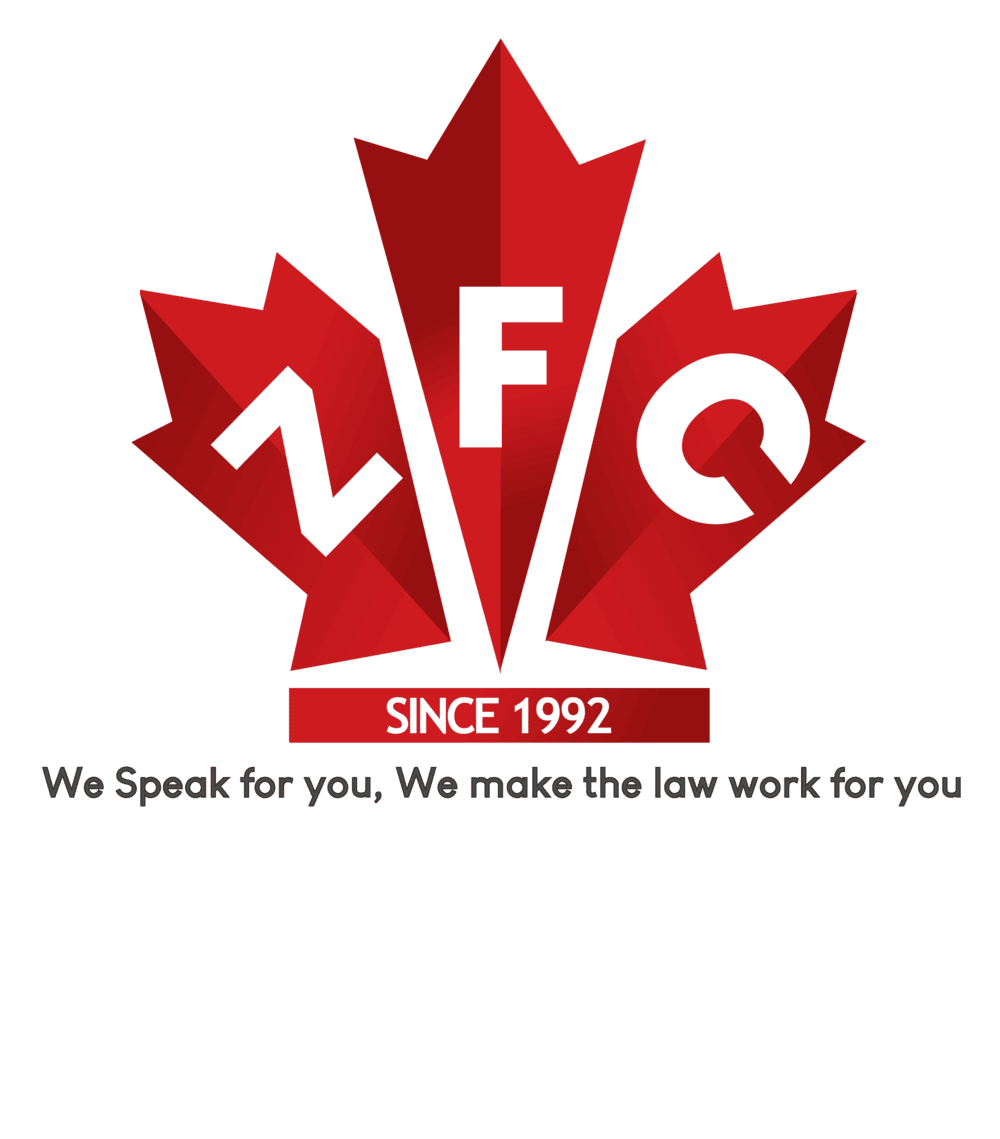
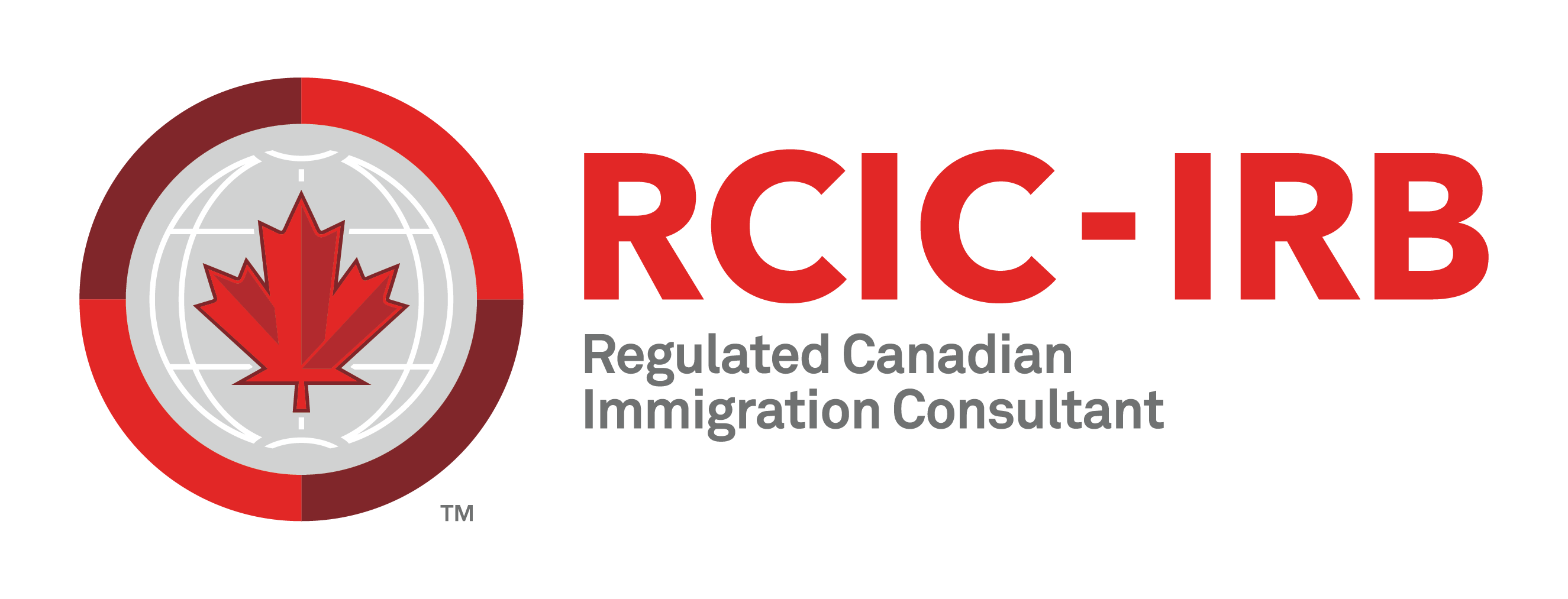
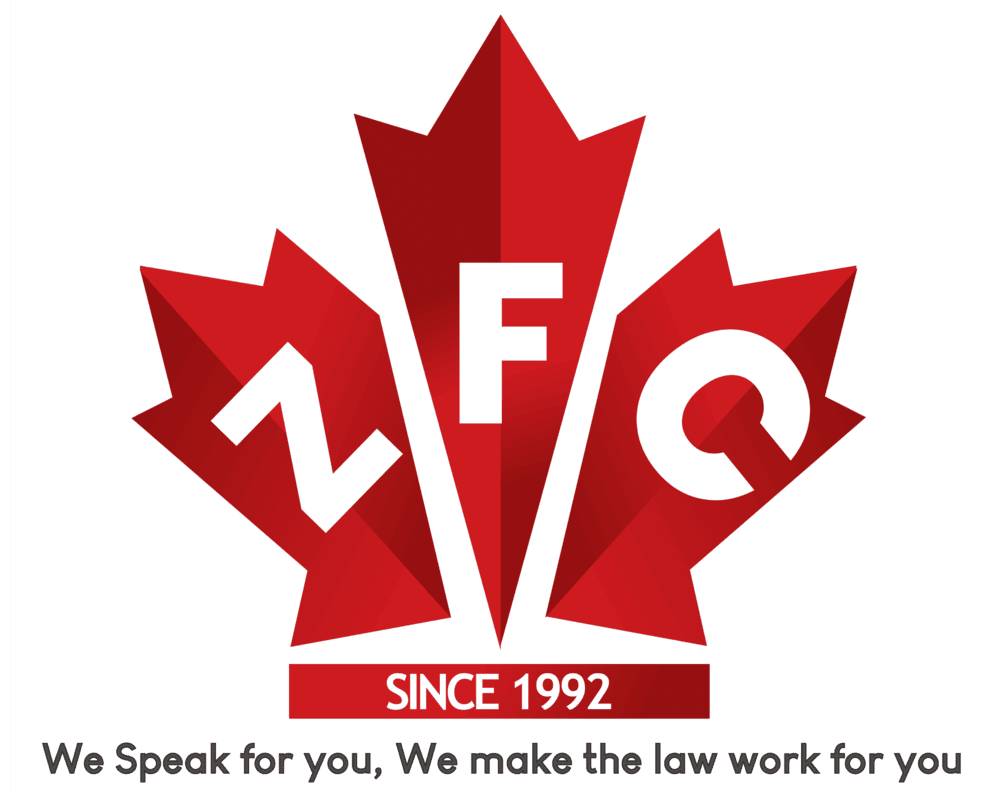
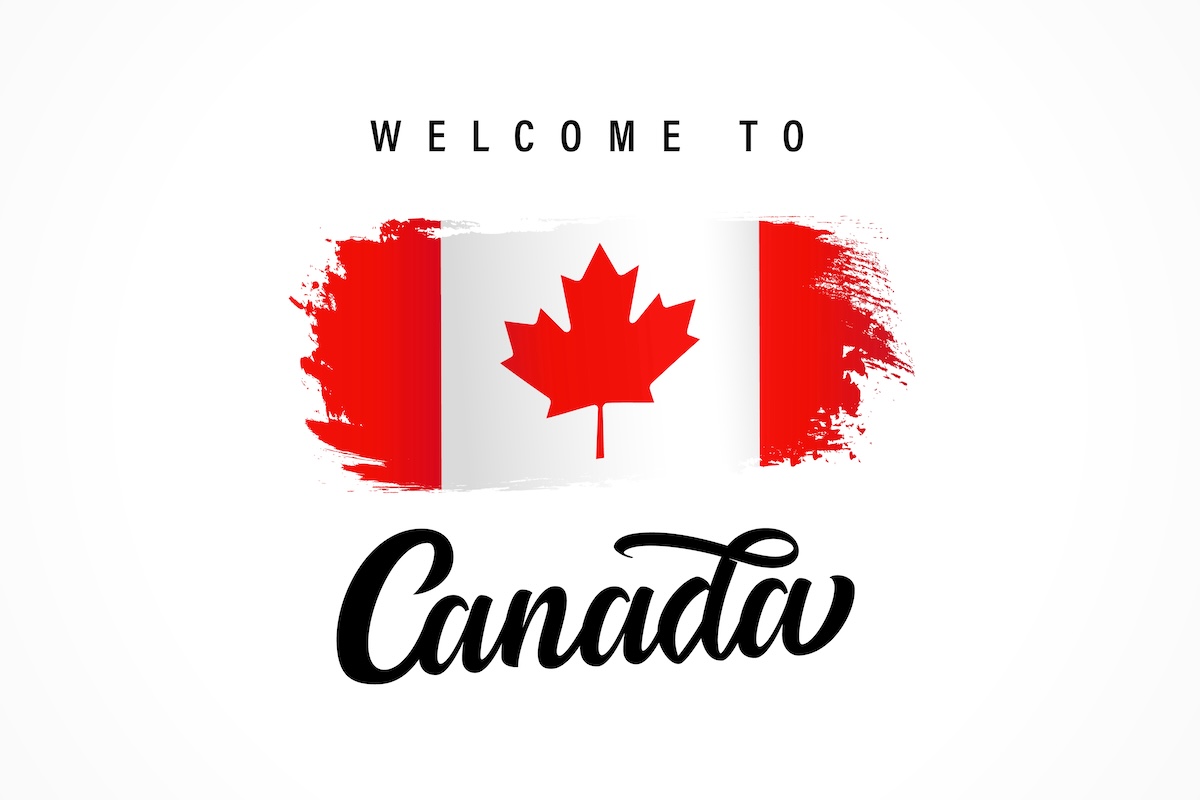





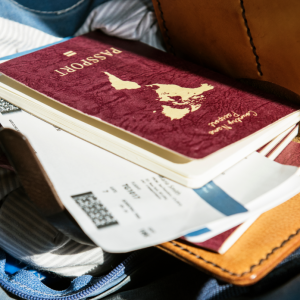

Leave A Comment
You must be <a href="https://zfcanada.com/wp-login.php?redirect_to=https%3A%2F%2Fzfcanada.com%2F2025%2F06%2F10%2Fcanadas-new-foreign-credential-recognition-resource-for-newcomers%2F">logged in</a> to post a comment.